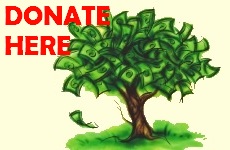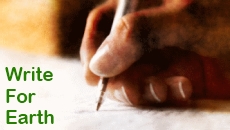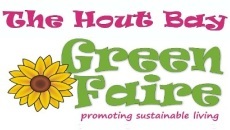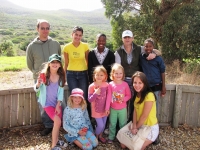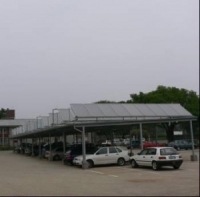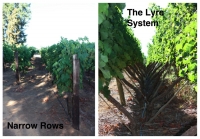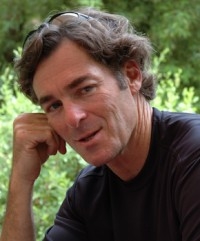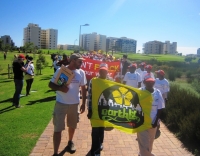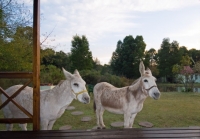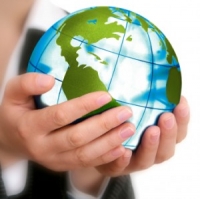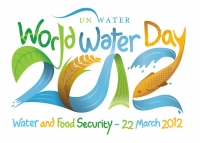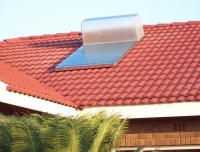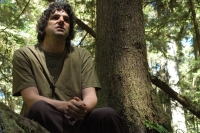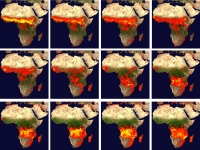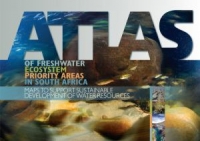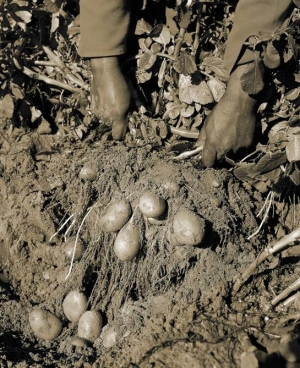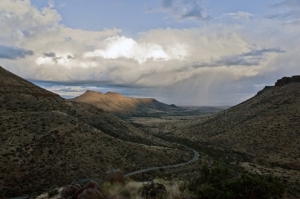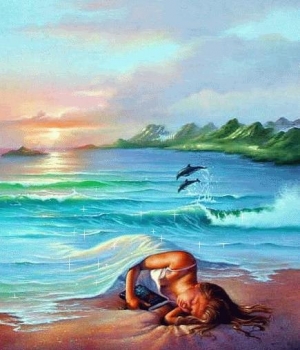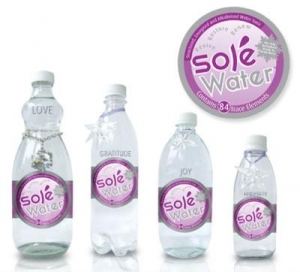On Earth Day one of Cape Town’s greenest hotels gathered together staff, guests and friends to clear alien vegetation in the Silvermine Valley in the Table Mountain National Park during their 45th Adopt-a-Spot initiative.
From every corner of the earth people have been doing their best to Connect the Dots on climate change. We have photos from beneath the ocean waves, high-altitude glaciers, the middle of big cities fighting sea level rise and remote deserts battling drought.
The University of Pretoria has installed a solar water heating system, which – with a total 672m2 collector surface – is the biggest glazed installation in Southern Africa.
Three applications to explore for shale gas in the Karoo using fracking are “fatally flawed”, says the Treasure the Karoo Action Group.
“Fracking no, fracking never! Clean energy, now and forever!” chanted about 140 protestors from various communities in Cape Town, as they took to the street on Human Rights Day, to protest against plans that Royal Dutch Shell and other companies have to explore for shale gas in the Greater Karoo Basin.
If you’re not passionate about the earth, don’t bother to do the 5 hour trip from Cape Town to Forest Edge along the Knysna forest. Although it is a multi-award-winning resort with very well equipped and serviced cottages, this is ultimately a Nature Lovers’ Retreat.
This conference aims to provide a platform for business to communicate directly with local, regional and global experts who are already immersed in the Water, Food, and Energy Nexus.
This year, World Water Day was celebrated on 22 March and focused specifically on water and food security.
The Sustainable Energy Society of Southern Africa (SESSA) has welcomed Government’s allocation of R4.7-billion to the solar water heater campaign, as confirmed by Finance Minister Pravin Gordhan in his budget speech last week (February 22).
Would any sane person think dumpster diving would have stopped Hitler, or that composting would have ended slavery or brought about the eight-hour workday, or that chopping wood and carrying water would have gotten people out of Tsarist prisons, or that dancing naked around a fire would have helped put in place the Voting Rights Act of 1957 or the Civil Rights Act of 1964?
30% of the earth’s surface is affected by fire. Fire destroys forests and vegetations which are our sources of food – it is both a driver and an indicator of climate change.
An atlas that contains mapped rivers, wetland and estuary priority areas in South Africa was launched by the Deputy Minister of Water and Environmental Affairs, Ms Rejoice Mabudafhasi, earlier this week.
Africa’s first carbon-neutral bank, continued to demonstrate its commitment to water sustainability as a key participant and host of the Water Roundtable side event at the COP 17.
‘Farming for the Future’ is a holistic approach based on working with nature instead of against it, which seeks to combine the best of conventional farming with the best of organic farming. Woolworths recently audited 15 of their largest fruit and vegetable growers, who supply some 37% fresh produce on a total area of about 45 000 hectares.
These days few can dispute mankind is in dire need of alternative, renewable and sustainable energy sources. Few can moreover argue the necessity for energy development that does not come at the adverse auxiliary cost to the environment.
Dr. Masaru Emoto is a scientist from Japan who has done alot of research and publications about the characteristics of water. Among other things, his research has revealed that water physically responds to emotions.
Robyn MacLennan found her divine purpose through her determination, desire and passion to return Water to its original state of purity and nourishment.
Acid mine drainage is the single biggest threat to the environment in South Africa, and potable water sources in the Witwatersrand basin are being contaminated. When underground mining extends below the water table, water must be pumped out.

